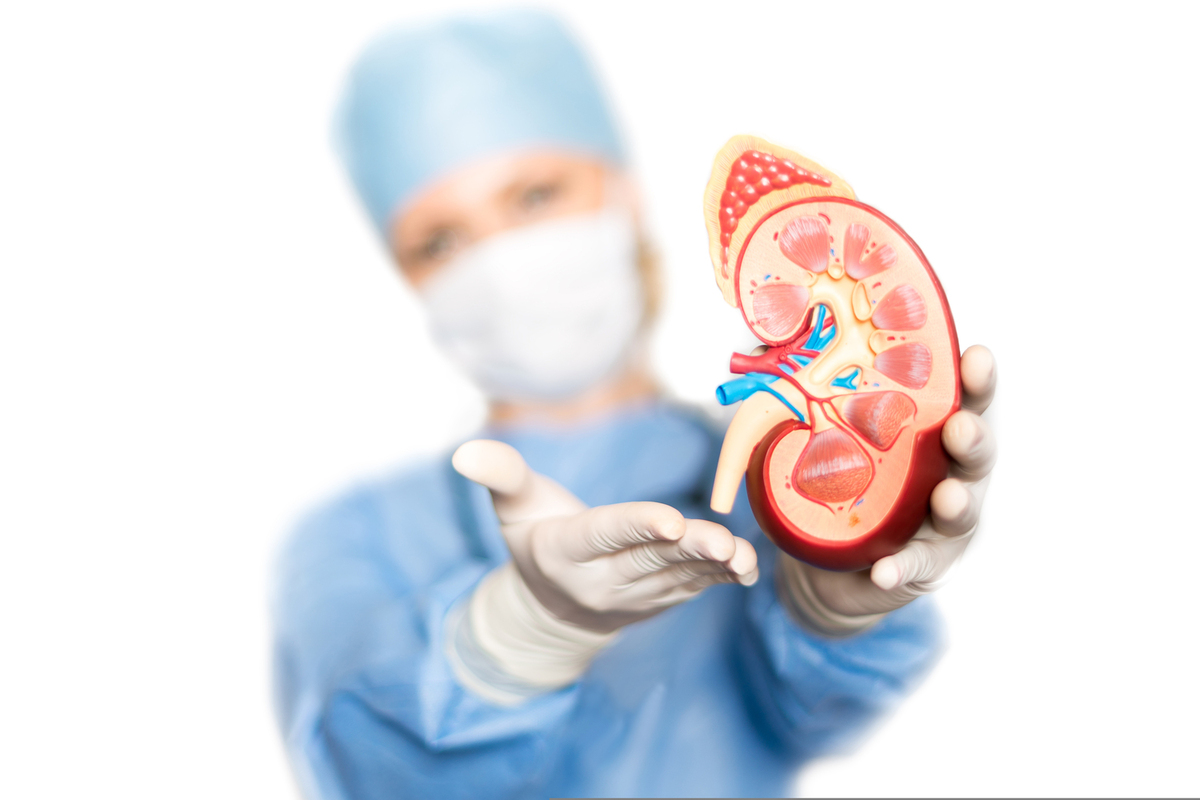Effective Treatment Strategies for 3rd Stage Kidney Disease

Kidney disease is a progressive condition that can significantly impact an individual’s quality of life. When diagnosed with 3rd stage kidney disease, it is crucial to understand the available treatment options to manage the condition effectively. This article explores various treatment strategies for 3rd stage kidney disease, focusing on lifestyle changes, medical interventions, and supportive therapies.
Understanding 3rd Stage Kidney Disease
3rd stage kidney disease, also known as moderate chronic kidney disease (CKD), is characterized by a significant reduction in kidney function. At this stage, the glomerular filtration rate (GFR) typically ranges between 30 and 59 mL/min. Patients may experience symptoms such as fatigue, swelling in the extremities, and changes in urination patterns. Early detection and proactive management are essential to slow the progression of the disease and maintain overall health.
Lifestyle Modifications
One of the most effective ways to manage 3rd stage kidney disease is through lifestyle modifications. These changes can help reduce the burden on the kidneys and improve overall health.
Dietary Adjustments
A kidney-friendly diet is crucial for managing 3rd stage kidney disease. Patients are often advised to limit their intake of sodium, phosphorus, and potassium. Reducing protein intake can also help decrease the workload on the kidneys. Consulting with a registered dietitian can provide personalized dietary recommendations tailored to individual needs.
Regular Exercise
Engaging in regular physical activity can help improve cardiovascular health and maintain a healthy weight, both of which are important for kidney health. Patients should aim for at least 30 minutes of moderate exercise, such as walking or swimming, most days of the week. It is essential to consult with a healthcare provider before starting any new exercise regimen.
Smoking Cessation
Smoking can exacerbate kidney damage and increase the risk of cardiovascular disease. Quitting smoking is a critical step in managing 3rd stage kidney disease. Various resources, such as counseling and nicotine replacement therapies, are available to support individuals in their journey to quit smoking.
Medical Interventions
In addition to lifestyle modifications, medical interventions play a vital role in managing 3rd stage kidney disease. These treatments aim to control underlying conditions and prevent further kidney damage.
Blood Pressure Management
High blood pressure is a common complication of kidney disease and can accelerate its progression. Medications, such as angiotensin-converting enzyme (ACE) inhibitors or angiotensin II receptor blockers (ARBs), are often prescribed to help control blood pressure. Regular monitoring and adherence to prescribed medications are essential for effective management.
Blood Sugar Control
For patients with diabetes, maintaining optimal blood sugar levels is crucial to prevent further kidney damage. Medications, lifestyle changes, and regular monitoring of blood glucose levels are essential components of diabetes management in individuals with 3rd stage kidney disease.
Anemia Management
Anemia is a common complication of kidney disease due to reduced production of erythropoietin, a hormone that stimulates red blood cell production. Treatment may include erythropoiesis-stimulating agents (ESAs) and iron supplements to manage anemia and improve overall energy levels.
Supportive Therapies
Supportive therapies can enhance the quality of life for individuals with 3rd stage kidney disease. These therapies focus on managing symptoms and providing emotional and psychological support.
Pain Management
Chronic pain is a common issue for patients with kidney disease. Pain management strategies may include medications, physical therapy, and alternative therapies such as acupuncture. It is important to work with a healthcare provider to develop a comprehensive pain management plan.
Mental Health Support
Living with a chronic condition can take a toll on mental health. Counseling, support groups, and stress-reduction techniques such as mindfulness and meditation can help patients cope with the emotional challenges of managing kidney disease.
Regular Monitoring
Regular check-ups with a nephrologist are essential for monitoring kidney function and adjusting treatment plans as needed. Blood tests, urine tests, and imaging studies can help track the progression of the disease and identify any complications early.
Managing 3rd stage kidney disease requires a multifaceted approach that includes lifestyle modifications, medical interventions, and supportive therapies. By adopting a kidney-friendly diet, engaging in regular exercise, and adhering to prescribed medications, patients can slow the progression of the disease and maintain a better quality of life. Regular monitoring and mental health support are also crucial components of comprehensive care. With proactive management and a strong support system, individuals with 3rd stage kidney disease can navigate their condition more effectively and improve their overall well-being.



